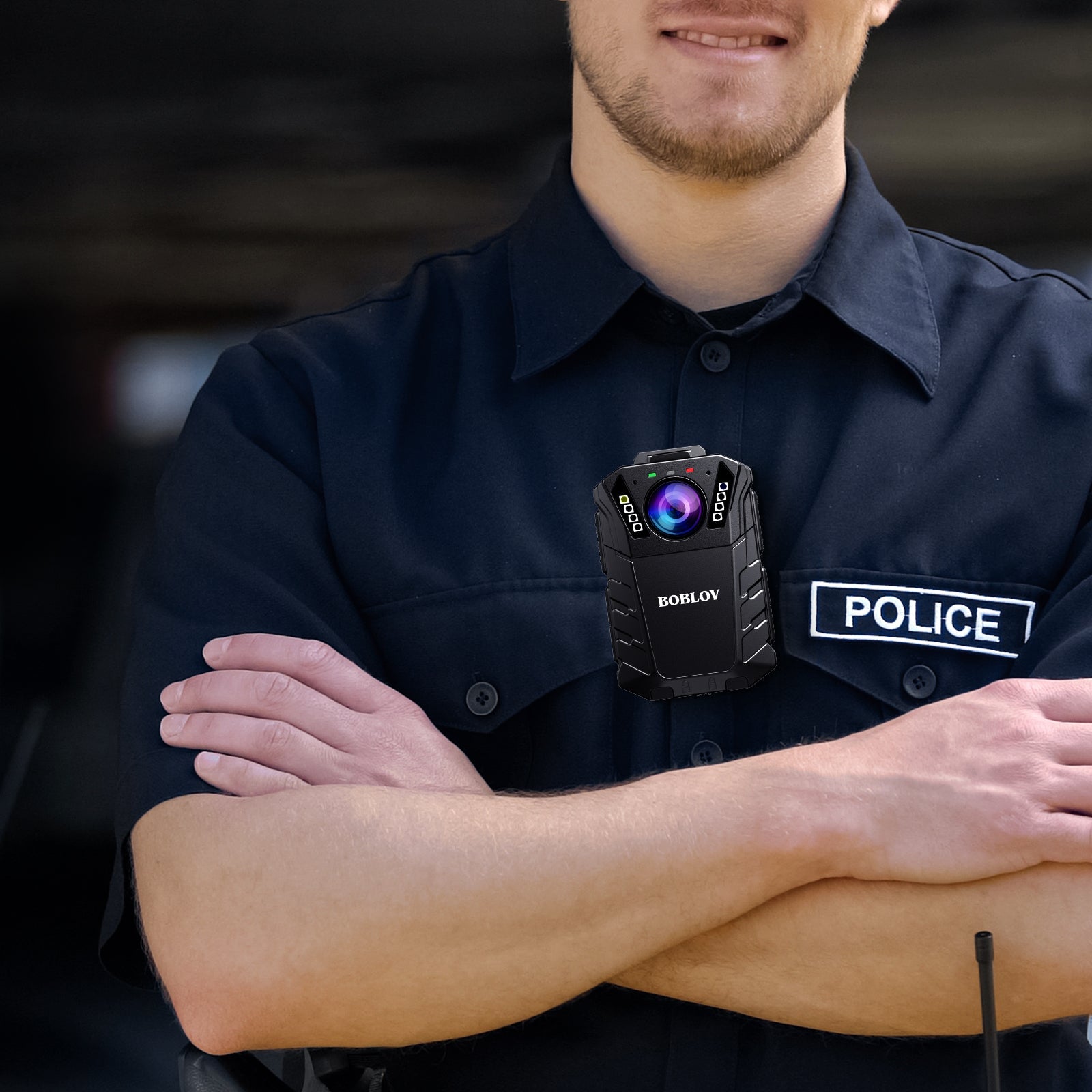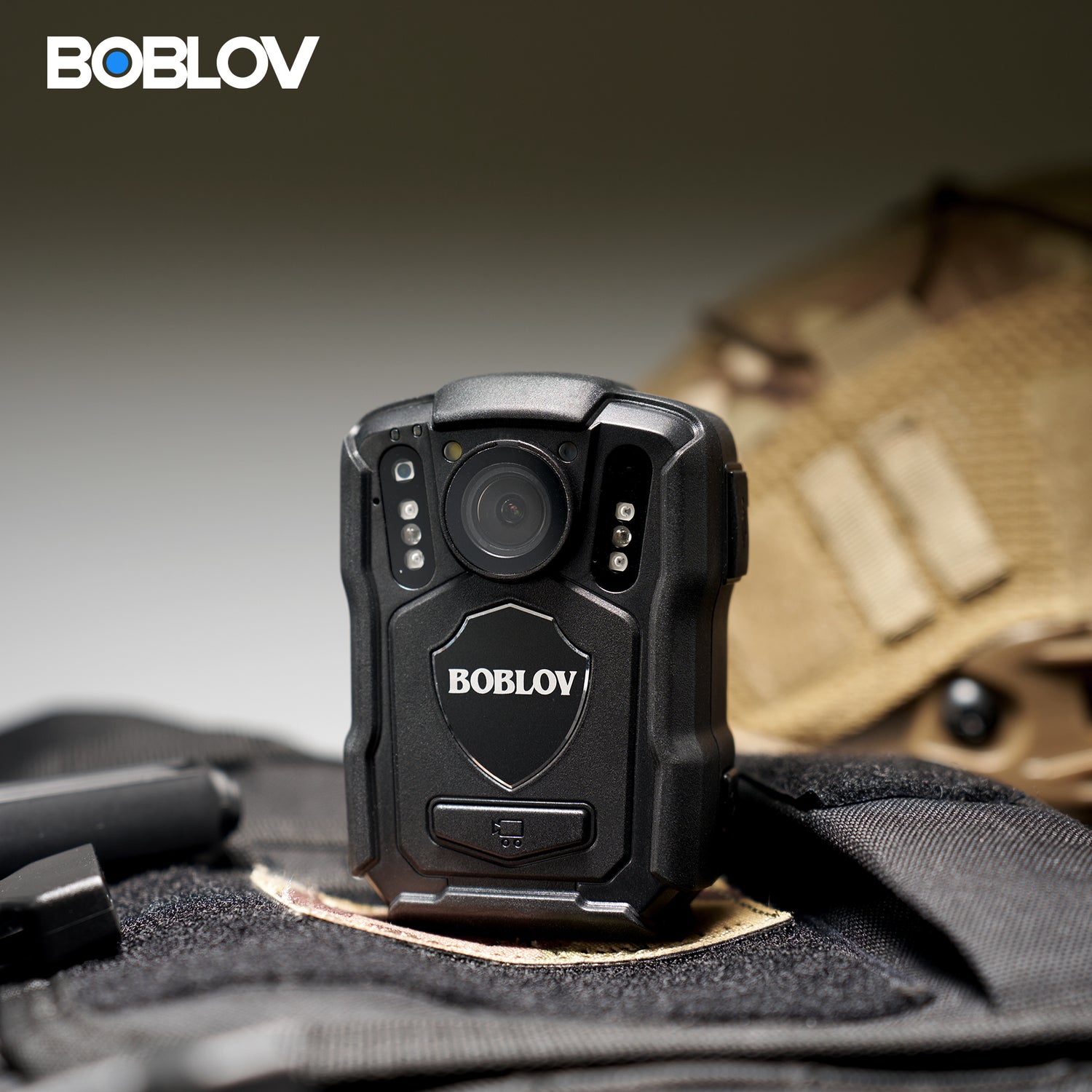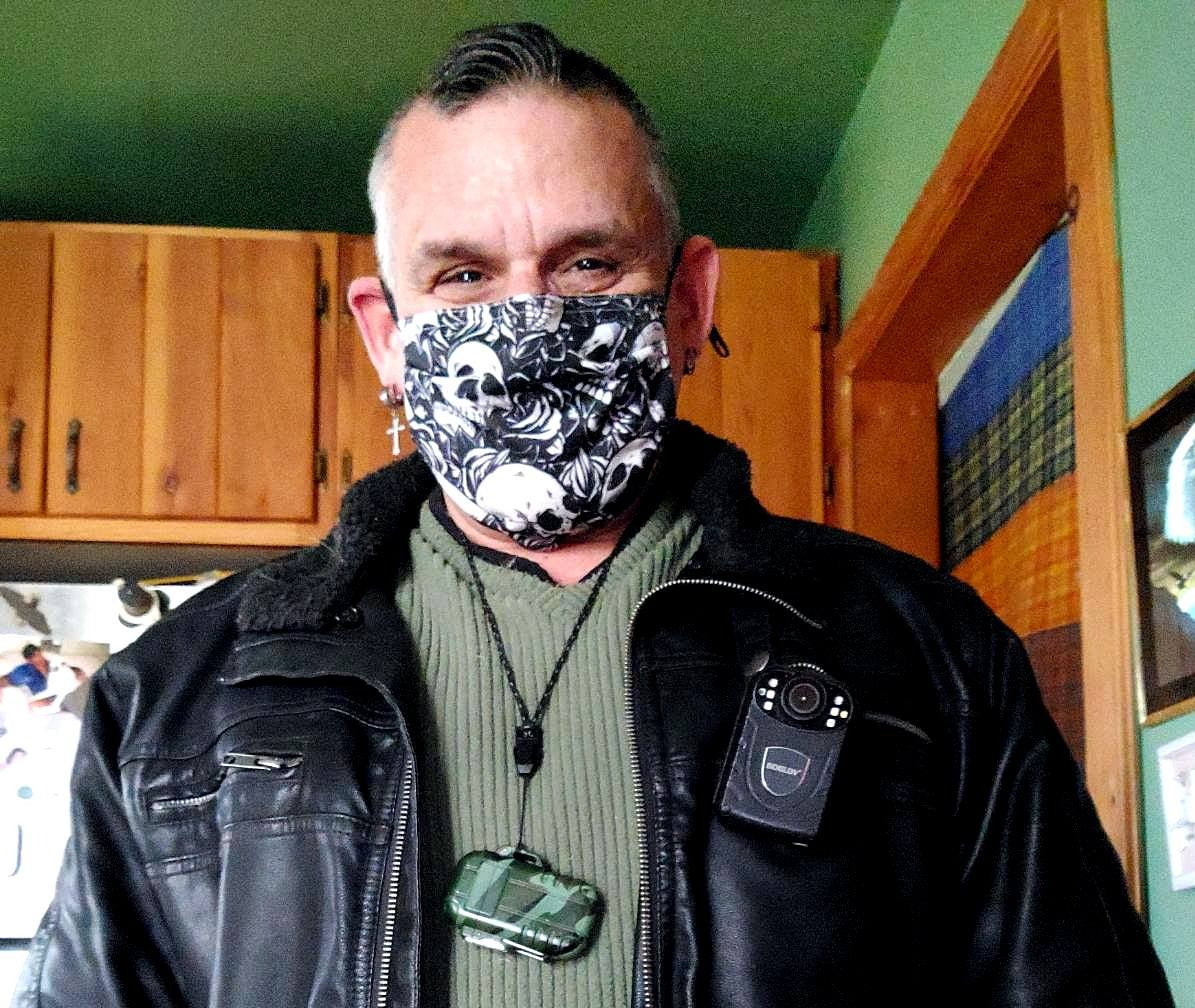The Role of Bodycams in Modern Law Enforcement
Understanding the Impact on Public Safety
Bodycams have become vital in today's policing. They add a layer of transparency that can protect both officers and civilians. The presence of cameras, like the Boblov M5, helps build public trust. Recorded footage can be crucial in investigations. It may also deter misconduct and the use of excessive force. With bodycams, encounters between police and the public are clearer. This clarity can lead to fairer outcomes. It can bring peace of mind to both cops and citizens.
Ethical Considerations in Surveillance
The deployment of bodycams such as the Boblov M5 has raised crucial ethical issues. These devices capture sensitive encounters between officers and civilians. Privacy is a core concern, as bodycams can record in private spaces. The risk of misuse or data leaks also poses significant worries. Agencies must ensure that surveillance does not breach civil liberties. Policies on data retention and public access to footage need careful deliberation. It is vital to balance the need for accountability with respect for individual privacy rights. The ethical framework governing bodycam use is as important as the tech itself.
Technological Innovations in Bodycams: A Closer Look at the Boblov M5
Features that Enhance Evidence Collection
- High-resolution video capture for clear footage
- Night vision capabilities ensuring 24/7 operability
- Pre-record buffering to capture events before activation
- Long-lasting battery life for extended patrol shifts
- Tamper-proof design to maintain evidence integrity
- Wide-angle lens to cover more area with less distortion
- Easy tagging features for categorization and retrieval
- Seamless wireless uploading for efficient data management
Integration with Law Enforcement Systems
The integration of bodycams like the Boblov M5 into law enforcement systems marks a significant shift. These devices weave seamlessly into police workflow, enhancing overall function. Data from the M5 can feed directly into evidence management ecosystems. Real-time footage access is vital for command centers during critical incidents. GPS tagging links videos to exact locations, aiding in case mapping. Officers can activate the cameras with minimal distraction, supporting their primary duties. The future holds more such streamlined integrations, making bodycams pivotal in policing.
The Future of Bodycams in the United States
Regulations Shaping the Use of Bodycams
In the United States, the future of bodycams faces a legal framework that heavily influences their deployment. States are crafting laws that dictate how and when bodycams should be used by officers. These regulations aim to protect both the public's privacy and the integrity of law enforcement operations. They specify rules for recording, data storage, and public access to footage. This legislative landscape is evolving, with debates focusing on the balance between surveillance and civil liberties. The challenge lies in creating policies that both enable transparency and safeguard rights. As such, bodycam usage in American policing will likely continue to be shaped by the push and pull of these regulatory efforts.
Predictions for the Evolving Landscape of Law Enforcement Technology
The future of policing technology remains a hot topic. Experts predict bodycams will grow smarter. They may gain features like real-time data analysis and facial recognition. Trends also suggest a move towards better battery life and cloud storage. Integration with AI may lead to automatic report writing. Legal frameworks will likely evolve to handle these advancements. These changes aim to boost transparency and improve public trust in law enforcement.



